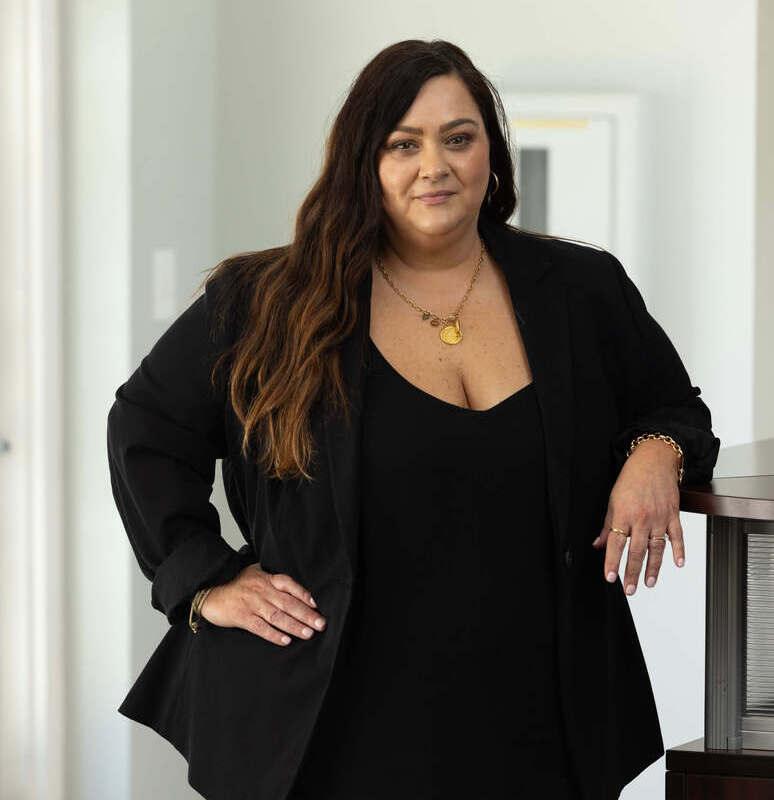South Carolina law specifically permits the recovery of pain and suffering damages. Juries are instructed in every personal injury case that damages can be awarded for this intangible injury. While pain and suffering are certainly elusive concepts, they constitute the most serious harm in any personal injury case.
Pain and suffering damages go beyond the cold and calculated economic damage, like medical bills and property damage. They are the things that cannot be calculated with extreme precision, but which form the undercurrent for all tort cases where there has been mental, physical, and emotional suffering.
Pain and Suffering Falls Under Non-Economic Damages
In most states, including South Carolina, damages are categorized into economic and non-economic damages. Economic damages refer to monetary losses, such as medical expenses incurred to treat your injuries and lost wages due to your inability to work while recovering.
On the other hand, non-economic damages are intangible losses, which makes estimating monetary loss more difficult. Under South Carolina law, pain and suffering form a part of the non-economic damages. Other recoverable damages that fall into this category include:
- Physical impairment
- Mental anguish
- Disfigurement
- Fear of loss, illness, or injury
- Emotional distress
- Loss of society and companionship
- Loss of consortium (You and your spouse’s relationship has suffered)
- Injury to reputation
- Humiliation
- Inconvenience
How Pain and Suffering Is Calculated in South Carolina
The framework for pain and suffering damages is set out in South Carolina case law, and reflected in the pattern civil jury instructions that are given to the jury before they decide what the pain and suffering damages in the case should be. These instructions are the garden variety instructions that judges use in tort lawsuits across South Carolina. Depending on the circumstances of the case, they may be modified. At the core, though, these instructions describe what is allowed. The South Carolina instructions tell the jury that they may consider the following factors in a tort claim:
- Extent of your injuries
- Type of treatment you require
- Impact of these injuries on your life going forward
- Estimated time needed for you to make a complete recovery
- Percentage of fault that the liable party bears
Types of Pain & Suffering Damages
Let’s break this down to see how juries really award money damages for human suffering. The components of “pain and suffering” are the following:
- Mental health and well-being
- Mental anguish (past and future)
- Humiliation or embarrassment associated with disfigurement [for example, scars]
- Noneconomic damages, including pain, suffering, inconvenience, physical impairment, disfigurement, loss of consortium, other nonpecuniary injuries
In practice, South Carolina lawyers should make sure that each of these items is listed on the verdict sheet that a jury fills out (for a circuit court jury trial). This gives the jury the opportunity to think about each one individually, and to assign a value (based on the evidence, and each juror’s experience and discussions with other jurors) as to each component. During the direct examination of the plaintiff and the plaintiff’s family, testimony should be given on each item, if it is something that can be proven.
Proving Pain and Suffering in South Carolina
Regardless of which method is used to calculate fair compensation for pain and suffering, you must first prove the other party’s liability and the injuries you suffered. To do this, our team can provide:
- Your medical records detailing your injuries and the pain they cause you
- Statements from your medical team explaining the severity of your injuries
- Receipts for prescribed pain medications
- Photos or videos of the injuries sustained
- Statements from you and your family members describing how your injuries and pain affect your daily life
How Does Percentage of Fault Affect Financial Recovery?
Even if you are deemed partially at fault for your injuries, you could still qualify to collect pain and suffering damages in South Carolina. However, your percentage of the fault has to be less than the other party’s.
South Carolina’s comparative negligence law states that you are entitled to a portion of your damages if you were 50% or less at fault in the incident that caused your injuries and eventual pain and suffering. For instance, if your expenses and losses are worth $200,000 and the other person’s fault percentage is 75%, you could recover $150,000.
Hire a South Carolina Personal Injury Lawyer
Proving pain and suffering is not a straightforward process. With the stakes being so high, it’s critical to identify and accurately value each of your damages and provide the necessary proof in your case—this is the reason many injury victims seek the services of a professional, qualified, and reliable personal injury lawyer. When you choose the Hopkins Law Firm, we will help you collect evidence, develop a winning strategy, and represent you in out-of-court settlement negotiations and at trial in South Carolina. Contact us today for a free case evaluation at (843) 314-4202.













